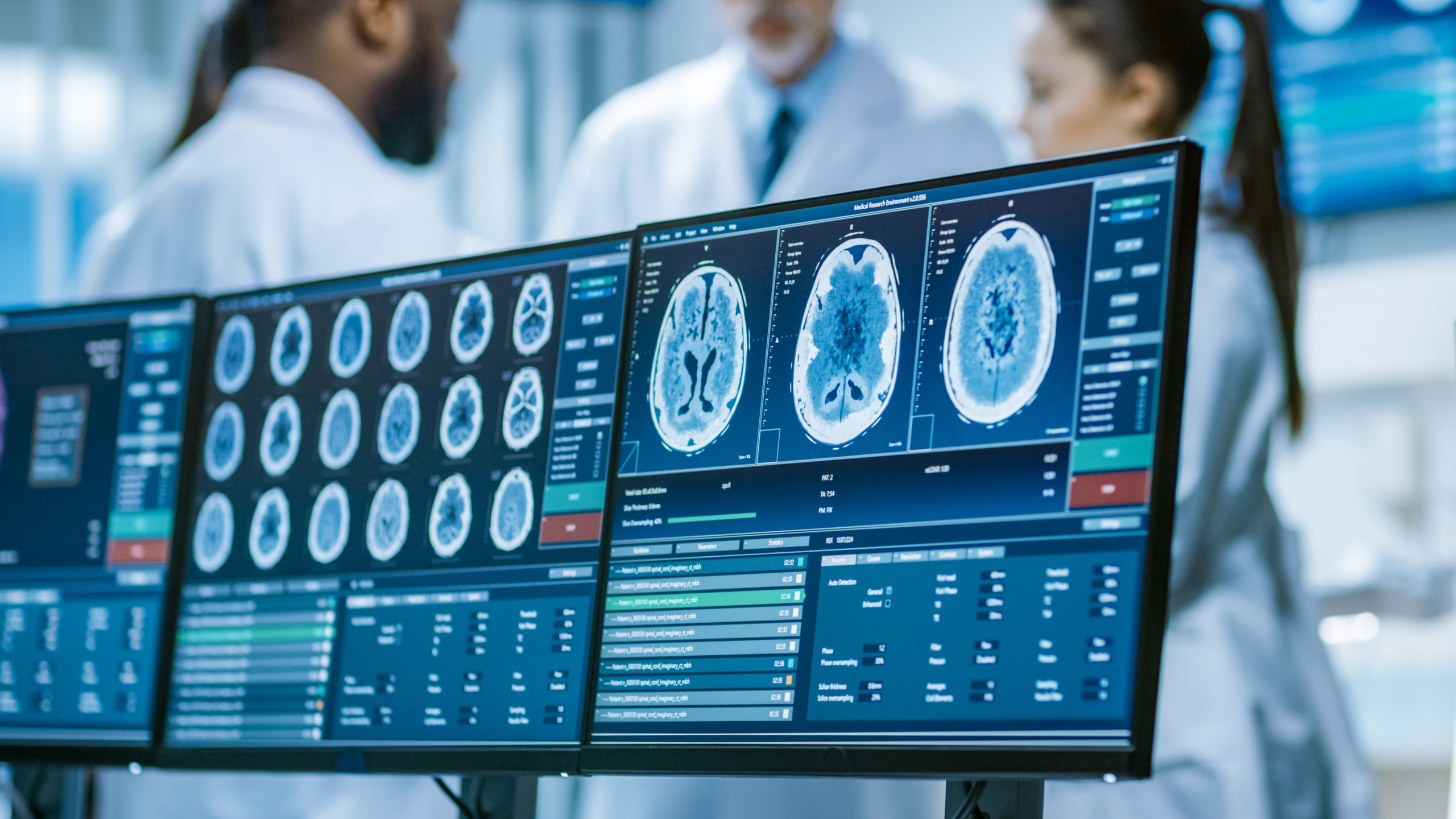
Initial Analysis
The Vital First Steps Before Treatment
Initial Testing and Analysis
As part of our initial analysis, we conduct a quantitative electroencephalogram (q-EEG) and an electrocardiogram (EKG). These are non-invasive tests that measure brain wave frequencies, heart rate, and brain-heart coherence.
Our scientific and clinical teams then analyze the results to determine your current brain state.
We use a patented approach with the neurophysiological data to develop a customized treatment plan that aims to encourage healthy brain communication.
What is an EEG?
An electroencephalogram (EEG) is a non-invasive, painless test that measures the electrical patterns of the brain.
These patterns reflect the cortical activity of the brain — commonly known as brainwaves. We use this “brain mapping” along with an electrocardiogram (EKG), which maps the electrical activity of the heart. This provides a much more comprehensive understanding of an individual’s brain activity.
An EEG shows the current metabolic and attention state of the brain, which is constantly changing based on consciousness, alertness, and one’s neurological state.
Since every EEG is unique, we are then able to tailor our approach to therapy to deliver the best possible results.
Brain activity varies greatly from individual to individual. Those with non-optimum neurological conditions may have significant EEG rhythm variations, which may result in excessive or reduced brain metabolism.
Contact our New Patient Coordinator
for more information. Or fill out the form below.
Initial Analysis: Starting as a New Patient
When you start as a new patient at the Brain Treatment Center Dallas, you will initially need two appointments, approximately two days apart.
At the first appointment, we will discuss your
- reasons for seeking help,
- medical history,
- health goals, and
- all of your symptoms.
After this, we will perform your qEEG and EKG testing, which takes approximately 20 minutes. Once testing is complete, we send the results to our scientific and clinical teams. They, along with Dr. Miller, will carefully analyze the results.
At your second appointment, you will meet with Dr. Miller for a consultation. He will review your test results with you and determine if you may benefit from MeRT® treatment. He will then lay out your individualized treatment plan and the protocols to be followed for the best results.
At that point, you may discuss fees, length of treatment, and schedules and decide whether to go forward with treatment.
Contact our New Patient Coordinator for More Information about MeRT
When many patients come to see us, they have lost hope, as they don’t see any light at the end of the tunnel.
It’s rewarding as a practitioner to help so many people realize a much better “normal” and improved quality of life.
If you have questions or would like to discuss our treatment protocols, we offer a free consultation by phone.
Our New Patient Coordinator will take the time to listen and explain. She is able to answer most questions and discuss our protocols, scheduling, fees, and other information. She is happy to assist you in any way she can.
Please call us to get more information about how our clinic and Dr. Miller may help you with your health goals and to schedule an initial screening to see if MeRT may be an option.
Our Medical Director, Neurologist Dr. Miller
Dr. Spencer O. Miller, a Neurologist in Dallas, Texas, is the owner and Medical Director of Brain Treatment Center Dallas. He received his medical degree from the University of Mississippi School of Medicine and has been in practice for 12 years. He spent five of those years in the US Air Force, where he saw many brain injuries, including soldiers suffering from PTSD and TBI.
Dr. Miller now specializes in MeRT (Magnetic e-Resonance Therapy) treatment of traumatic brain injury, depression, post-traumatic stress disorder, dementia, autism, and multiple other brain disorders at his clinics, the Brain Treatment Centers in both Dallas and Plano.
Dr. Miller is also affiliated with Baylor University Medical Center, where he specializes in stroke, headache medicine, traumatic brain injury, post-traumatic stress disorder, and seizure. Additionally, he is associated with the Texas A&M Science Center College of Medicine.
He also speaks multiple languages, including Spanish.
